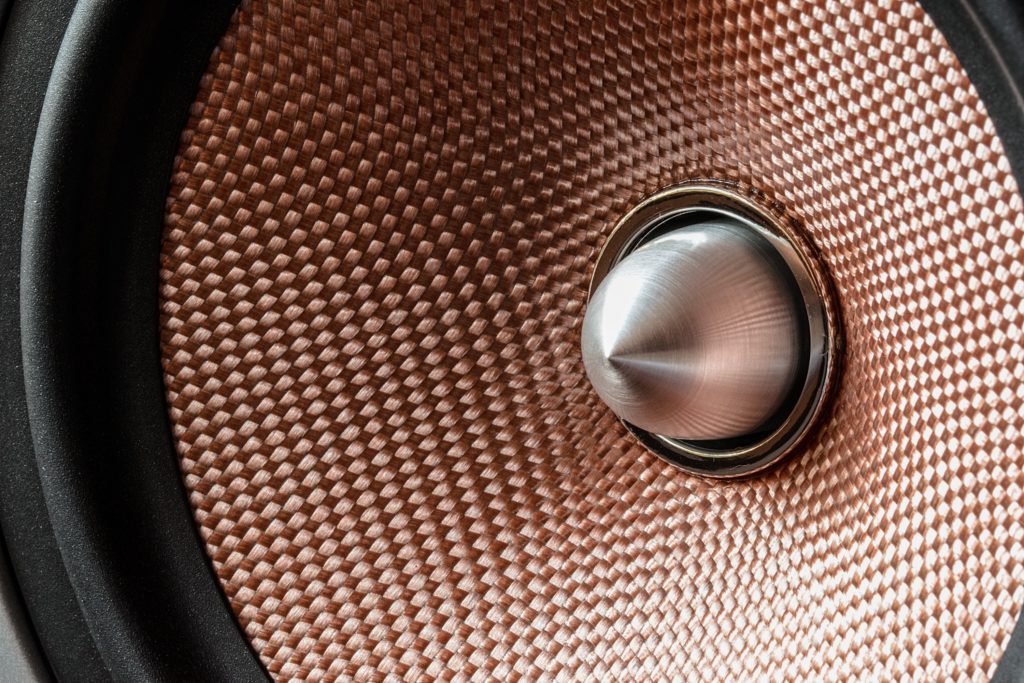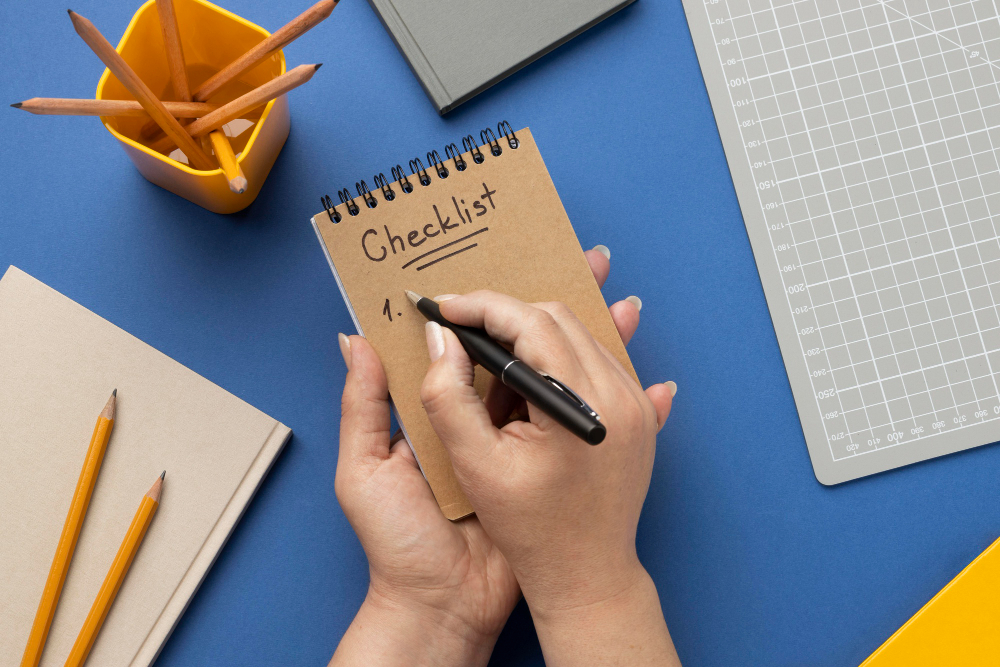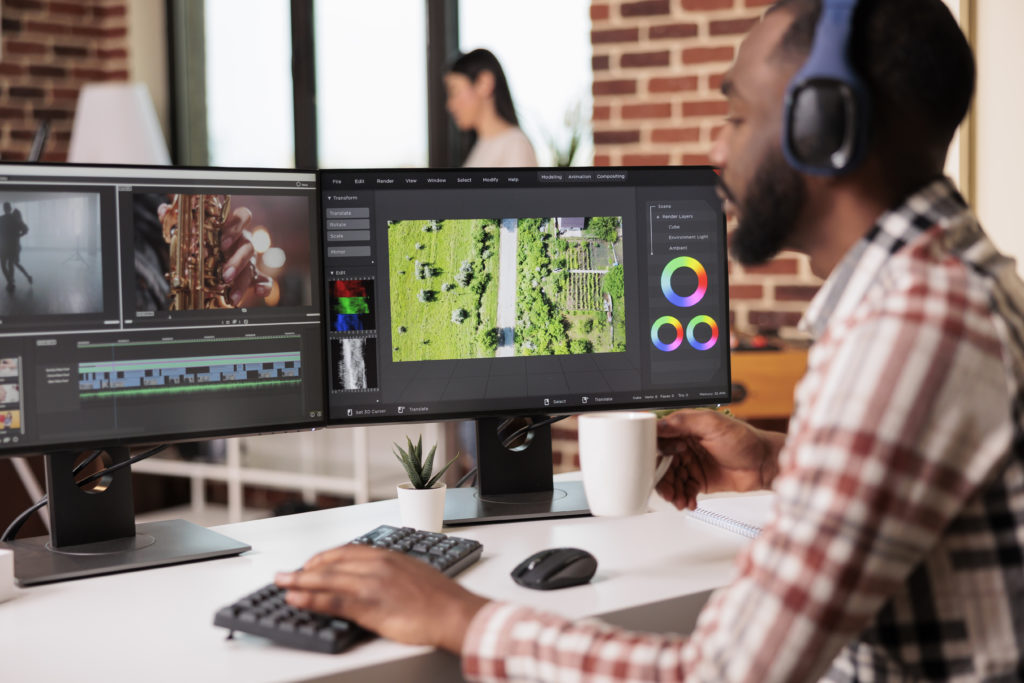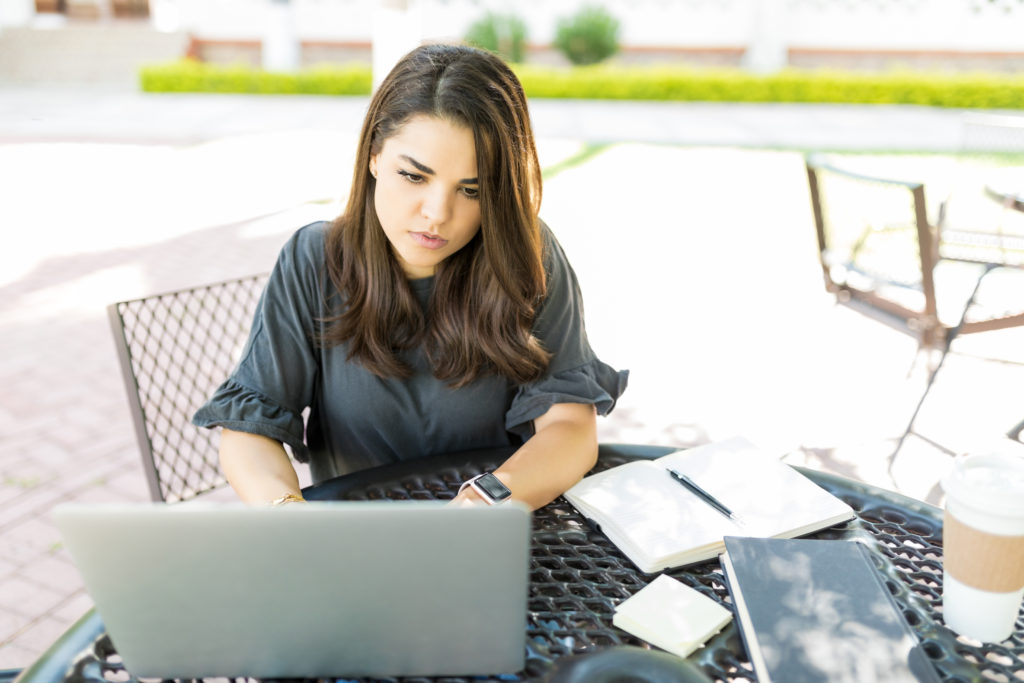
How to Play Music on Your Venue’s PA (Without Getting Sued)
Try to picture complete silence between the opener and headliner at your venue. Difficult, right? It’s not just crowd clatter that contributes to that between-set buzz—your venue likely plays recorded music over the PA as showgoers get hyped for the next act. And if your venue has a bar or restaurant area, chances are you’re playing background music there too.
As ever, though, music isn’t free—not even music that your showgoers only half-notice blaring from the PA. For permission to use this music, your venue must pay annual licensing fees to the performance-rights organizations representing the vast majority of recording artists. If your venue doesn’t pay these fees, you could face legal action from ASCAP, BMI, SESAC, or any of the leading performance-rights organizations.
This isn’t an unlikely worst-case scenario—such a lawsuit involving numerous venues happened just recently. Here’s how you can ensure your venue doesn’t fall victim to the same fate.
ASCAP recently filed a major lawsuit against certain venues
ASCAP, which represents over 725,000 independent composers, music publishers, and songwriters, recently sued 19 venues across the country for “the unauthorized public performance of its members’ copyrighted musical works.” In everyday language, this phrase roughly translates to “not paying royalties to artists whose music is played over the PA.” In a press release detailing the lawsuit, ASCAP claimed that the annual licensing fees it charges venues ultimately cost just $2 per day and that the lawsuit was the organization’s last resort for collecting those fees.
Some of the defendants have felt unfairly targeted. Jarret Oulman, who owns St. Paul venue Amsterdam Bar & Hall, has perhaps been the most outspoken of these defendants: “Someone in New York who’s never been to Minnesota just came up with this amount one day, and we just don’t think it’s at all fair or accurate,” he told the Star Tribune. Oulman additionally claimed that Amsterdam Bar & Hall has always paid its dues, even after ASCAP allegedly doubled those fees without warning.
Why ASCAP and BMI require venues to pay licensing fees
In the wake of a big, confusing lawsuit such as the ongoing ASCAP matter, you might be tempted to worry that your venue could be next on the chopping block. Don’t fret—ASCAP and BMI both provide detailed explainers on their requirements for using their artists’ music.
ASCAP offers an in-depth guide on why businesses that play music should pay licensing fees and how they can go about doing so. In ASCAP’s eyes, businesses—venues, hotels, restaurants, and more—should pay fees to use its performers’ music because a song “legally belongs to the songwriter who created it.” ASCAP enforces fees for any business that uses music to “attract customers,” though there’s one big exception: Any bar or restaurant smaller than 3750 gross square feet doesn’t need a license to play music on its TVs or PAs. Outside this exception, venues are required to pay fees that vary based on how they use music, how often they host live music, how much space they occupy, and additional factors.
Similarly, BMI licenses virtually all manner of businesses. In its own in-depth guide about music licensing for businesses, BMI notes that venues should secure licensing from not just BMI, but all major performance-rights organizations. Its point is valid: Paying fees to only one of the leading performance-rights groups doesn’t give your venue legal permission to play music that the other groups represent, limiting your song options and increasing your legal risks. BMI also takes the time to define “public performance,” which it classifies as not just live music, but “any music played outside a normal circle of friends and family,” such as the airing of music over your venue’s PA.
How your venue can play by performance-rights rules
ASCAP, BMI, and SESAC offer convenient online portals through which you can register your venue for a license and maintain that license. Inside these portals, you can keep up with payments, contact organization representatives, and more. Be sure to document your payment with receipts and other relevant paperwork or digital documents, and make absolutely sure that any music you play is by performers that these agencies represent (though if you pay licensing fees to each of these organizations, your venue will be able to play an overwhelming majority of the world’s recorded music).
Some venues, in attempts to sidestep licensing fees, play only music by artists lacking representation from a major performance-rights organization. This approach can quickly prove troubling: BMI, for example, represents a large number of Rock & Roll Hall of Fame inductees, and classic rock is a staple of countless venue PAs. With licensing fees as inexpensive per day as ASCAP claims them to be, then your venue might just be safer paying what amounts to pocket change compared to other daily operational costs—being the next venue taken to court is certainly the more costly option.

Matt Ford is the founder and CEO of Prism.fm, an Austin-based software company revolutionizing live music event management. With a background in entrepreneurship and a degree from the University of Wisconsin-Madison School of Business, Ford combined his self-taught coding skills with firsthand experience as a concert promoter to address the inefficiencies he observed in the industry. In 2018, he launched Prism.fm, an all-in-one platform designed to streamline operations for venues, promoters, and agencies by replacing cumbersome spreadsheets with integrated tools for booking, financial tracking, and contract management. Under his leadership, Prism.fm has grown significantly, achieving $3 million in annual recurring revenue post-COVID and securing over $15 million in funding . Ford’s commitment to building user-centric solutions has positioned Prism.fm as a trusted partner for over 1,500 venues and promoters worldwide.



